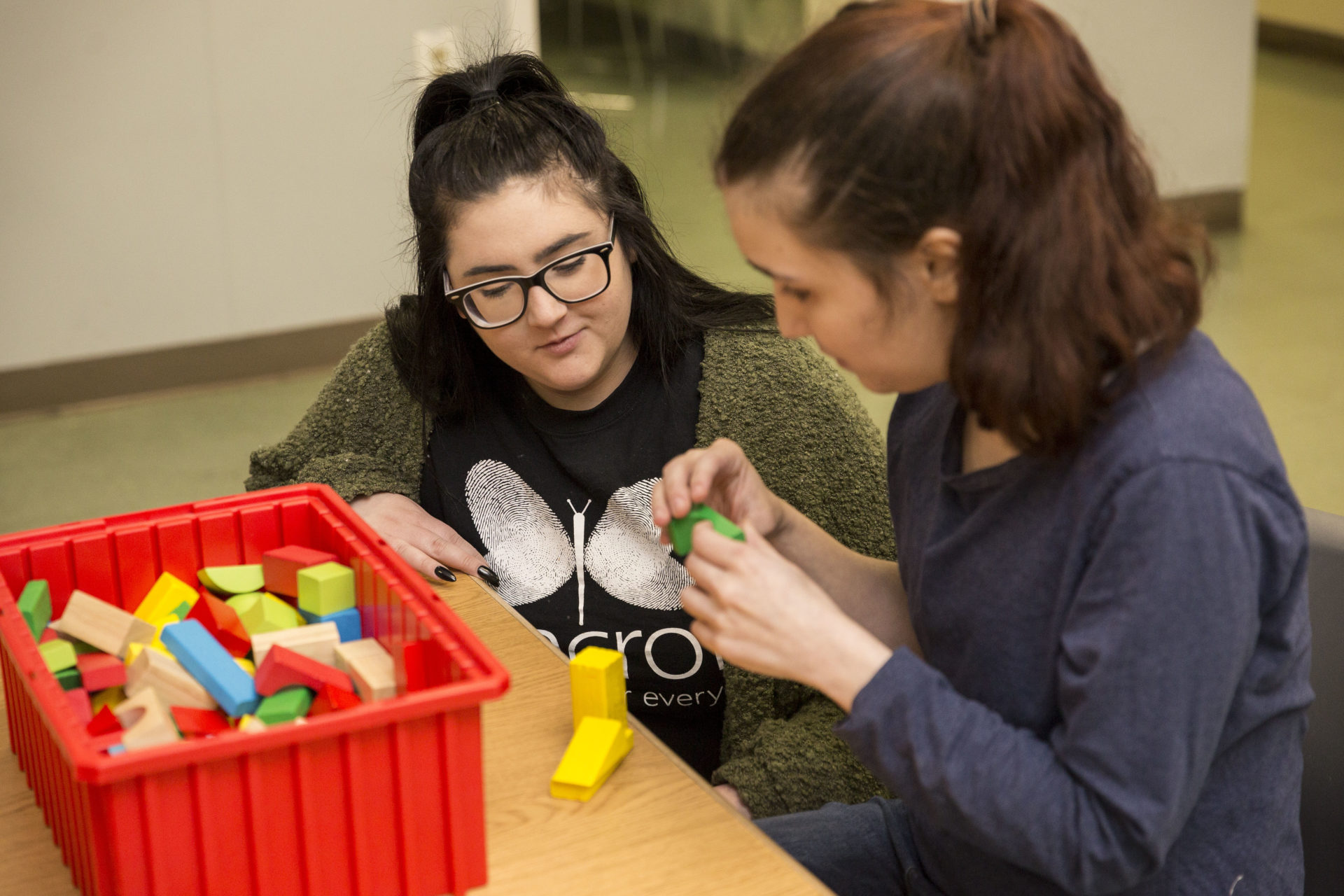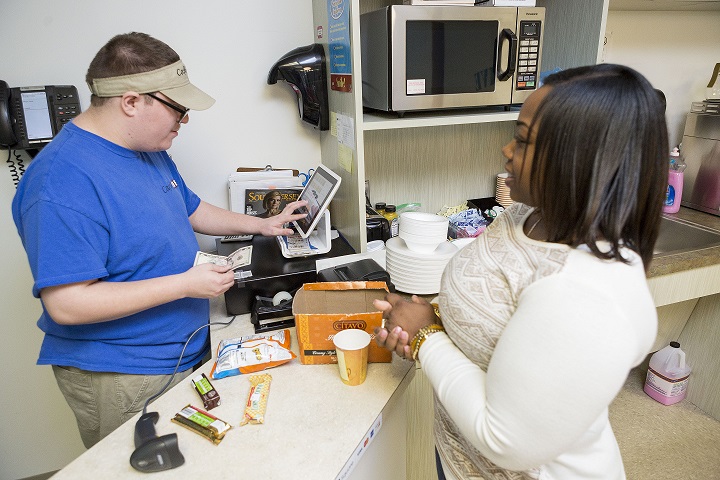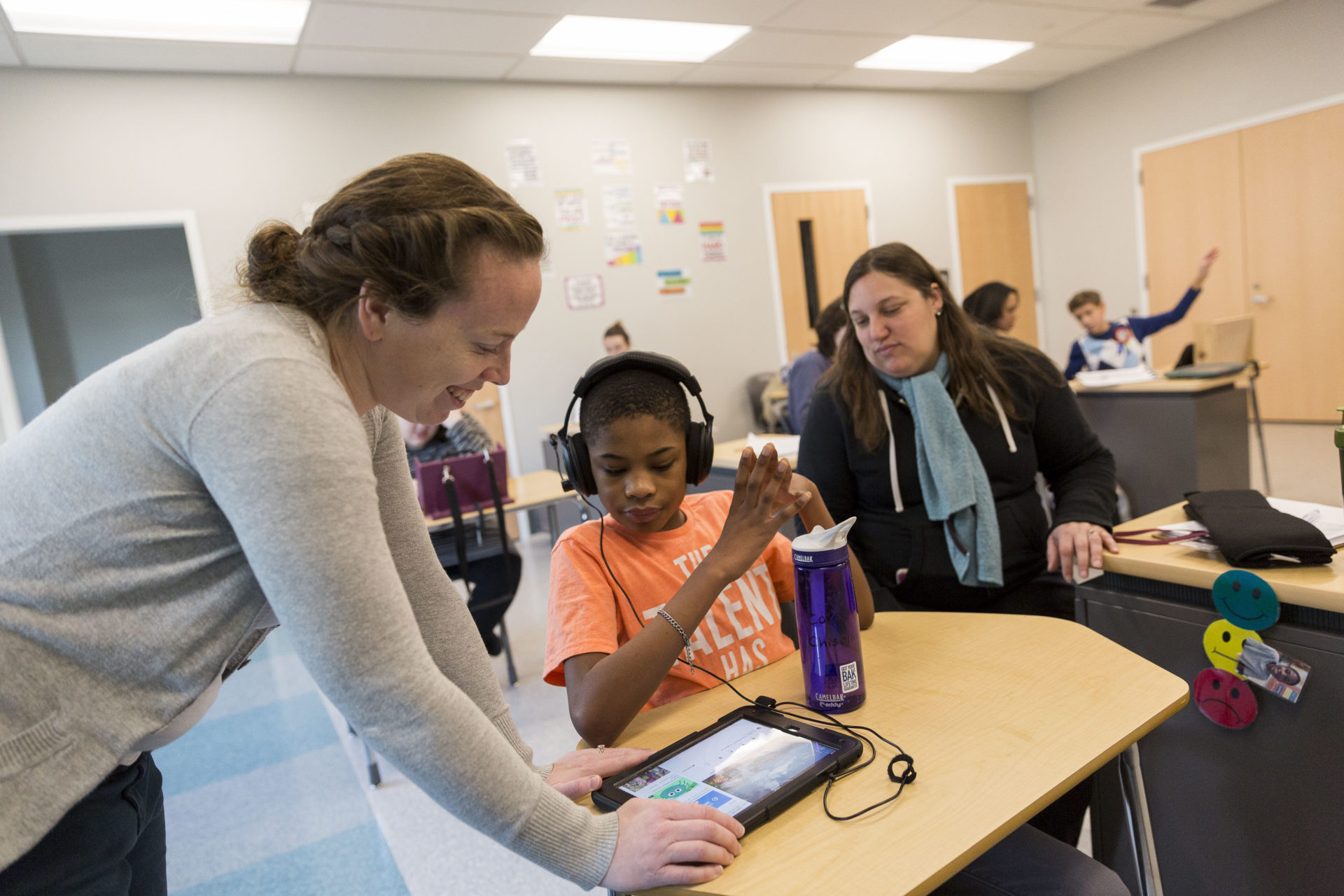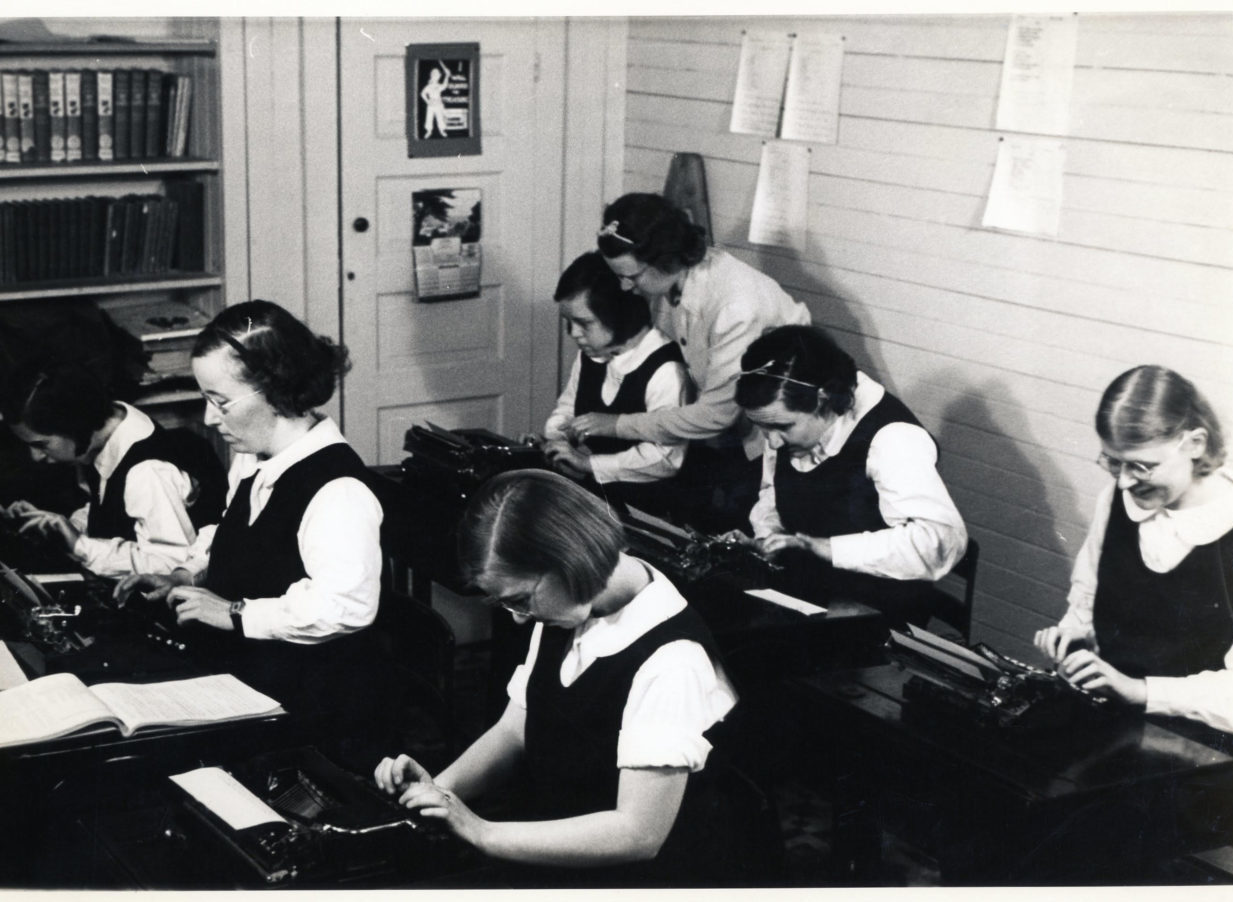As incidences of autism and developmental disabilities continue to rise across the nation, a local expert in acute behavioral health provides best practices and guidelines for the public
 Contributor: Eric M. Eberman, M.S.Ed., Vice President, Acute Behavioral Health at Bancroft
Contributor: Eric M. Eberman, M.S.Ed., Vice President, Acute Behavioral Health at Bancroft
Monday, February 15, 2016
Have you ever witnessed an unusual behavior in public? Perhaps you have seen a child or adolescent exhibit anger or aggression at the grocery store, shopping mall or playground. Maybe you’ve even seen a parent or caregiver restrain a child to deescalate a situation. While these incidents can strike a chord, especially for parents, is it ever our responsibility to provide assistance?
In March 2014, the Centers for Disease Control and Prevention released updated statistics illustrating just how widespread autism spectrum disorder (ASD) has become in the U.S. According to those most recent figures, one in 68 children is identified as “on the autism spectrum,” which can vary from severe intellectual and developmental disabilities to mild neurological impairments.
Fortunately, as incidences of ASD continue to rise, so does awareness, especially in South Jersey, where families have access to more high-quality services and resources than many other regions across the country. But even though the public is becoming be more familiar with ASD, symptoms and behaviors can be difficult to identify (and confusing to handle) in public settings.
As Vice President of Acute Behavioral Health at Bancroft, I oversee clinical and operational performance of programs that serve children and adolescents with intellectual disabilities and severe challenging behaviors such as aggression, self-injury and even property destruction. I’ve also supported countless families as they learn to navigate – and eventually, enjoy – public outings together with their children with special needs. But the journey isn’t always easy, and many families have encountered uncomfortable scenarios – including misguided run-ins with law enforcement – that could have been avoided with a few tips.
If you spot a child with a parent or caregiver exhibiting unusual behaviors in public, do you know how to react? Should you step in and ask if they need assistance or step off and allow the parent or caregiver to manage the situation? When, if ever, should you offer assistance with a child experiencing a behavioral crisis?
When to step in:
- If the child/teen is overpowering or injuring the parent/caregiver, destroying property or hurting themselves
- If the parent/caregiver is becoming visibly upset or angry with the child
- If the situation continues to escalate and could threaten the well-being of other children and bystanders in the area
How to step in:
- Always ask the parent/caregiver if you can help in any way. In most cases, the parent/caregiver will be trained and experienced in handling these situations and can guide you on how to best assist them
- If possible, direct other bystanders away from the area and clear away any potentially dangerous objects
- If at any point, the situation is uncontrollable and dangerous for the child, parent/caregiver or other bystanders, as a last resort dial 911. No one likes this option – it’s certainly not ideal – but the priority should always be the safety of the child and those around him/her
Encountering behaviors in public can be uncomfortable, but scenarios like these don’t need to ruin a fun outing or public event. Armed with the right information, families with and without a child diagnosed with autism can enjoy fun trips and experiences together. Keep these tips in mind the next time you plan a trip with your family.
To learn more about Acute Behavioral Health services, including the ABA Center of Excellence, at Bancroft or how we can assist your family member with special needs, dial 1.800.774.5516 to connect with an Access to Care specialist.
















